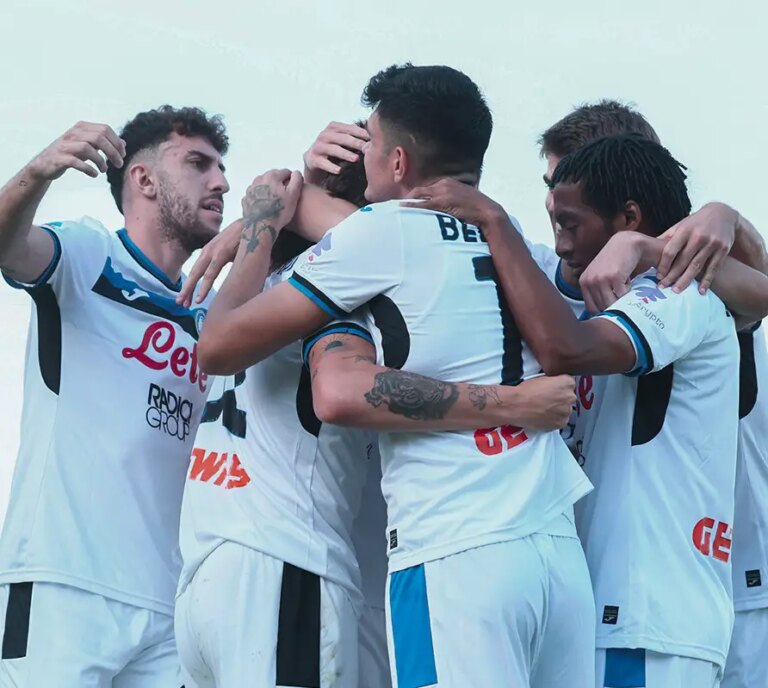AfDB, SOFF to support Africa’s poor countries on climate change
The African Development Bank Group (AfDB) and the Systematic Observations Financing Facility (SOFF) have signed a letter of intent to strengthen collaboration on the provision of early warning systems, which would help tackle climate change in the continent’s low income and most vulnerable countries.
The partnership, announced during COP29 in Baku, Azerbaijan, aims to bridge critical data gaps and improve the accuracy and timeliness of weather forecasts, early warnings, and climate predictions.
According to the World Meteorological Organizations’ Global Basic Observation Networks (GBON) baseline of 2023, Africa’s Low-Income Countries have a GBON compliance rate of merely 4 percent for surface observations and a disturbing 3 percent for upper air observations.
Jointly signed by Kevin Kariuki, AfDB’s vice president for Power, Energy, Climate and Green Growth, and Celeste Saulo, secretary-general, World Meteorological Organization Co-Chair SOFF Steering Committee, the agreement marks a new milestone in the Bank’s efforts to strengthen partnerships to assist countries tackle climate change.
The agreement noted that both organisations will synergise through the African Development Bank’s Climate Action Window, set up by the African Development Fund under its 16th replenishment cycle, to mitigate the effects of Africa’s significant climate finance gap.
A $321.8 million has already been made available in funding by the Climate Action Window, for investments that strengthen early warning systems in 37 regional member countries of the Bank Group.
According to the agreement, 23 African countries are already being supported with $62 million, a fund set up by SOFF to bridge gaps in observational data. This would ensure timely and accurate forecasts, early warnings, and climate prediction across the continent.
The agreement further emphasised the role of national meteorological and hydrological services for the provision of weather and climate observations, as well as forecasts and warnings that are essential to the safety and well-being of African people and communities and the protection of property.
The agreement also stated that the AfDB and SOFF will “Convene joint events on advocacy and resource mobilization for investments in Early Warning for All
“Jointly advocate the importance of investments in NMHS capacity Coorganize at least every two years a joint workshop to track progress that brings together beneficiary countries, operational partners as well and bilateral and multilateral development and climate finance partners.
“Build capacity and technical assistance to close the early warning gaps in Africa, including monitoring of the Climate Action Window and SOFF investments
Both organizations are committed to providing resources to support the activities outlined in the Letter of Intent.”
SOFF was co-created in 2021 by the WMO, UNDP and UNEP at the 26th session of the Conference of the Parties to the United Nations Framework Convention on Climate Change (COP26). It contributes to strengthening climate adaptation and resilient development by improving weather and climate observations that in turn support better weather forecasts, early warning systems and climate information services to save lives and livelihoods and protect property.








